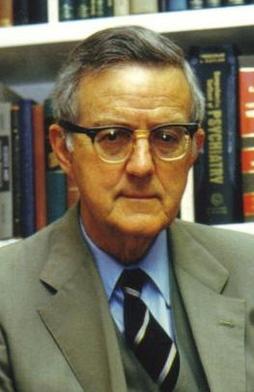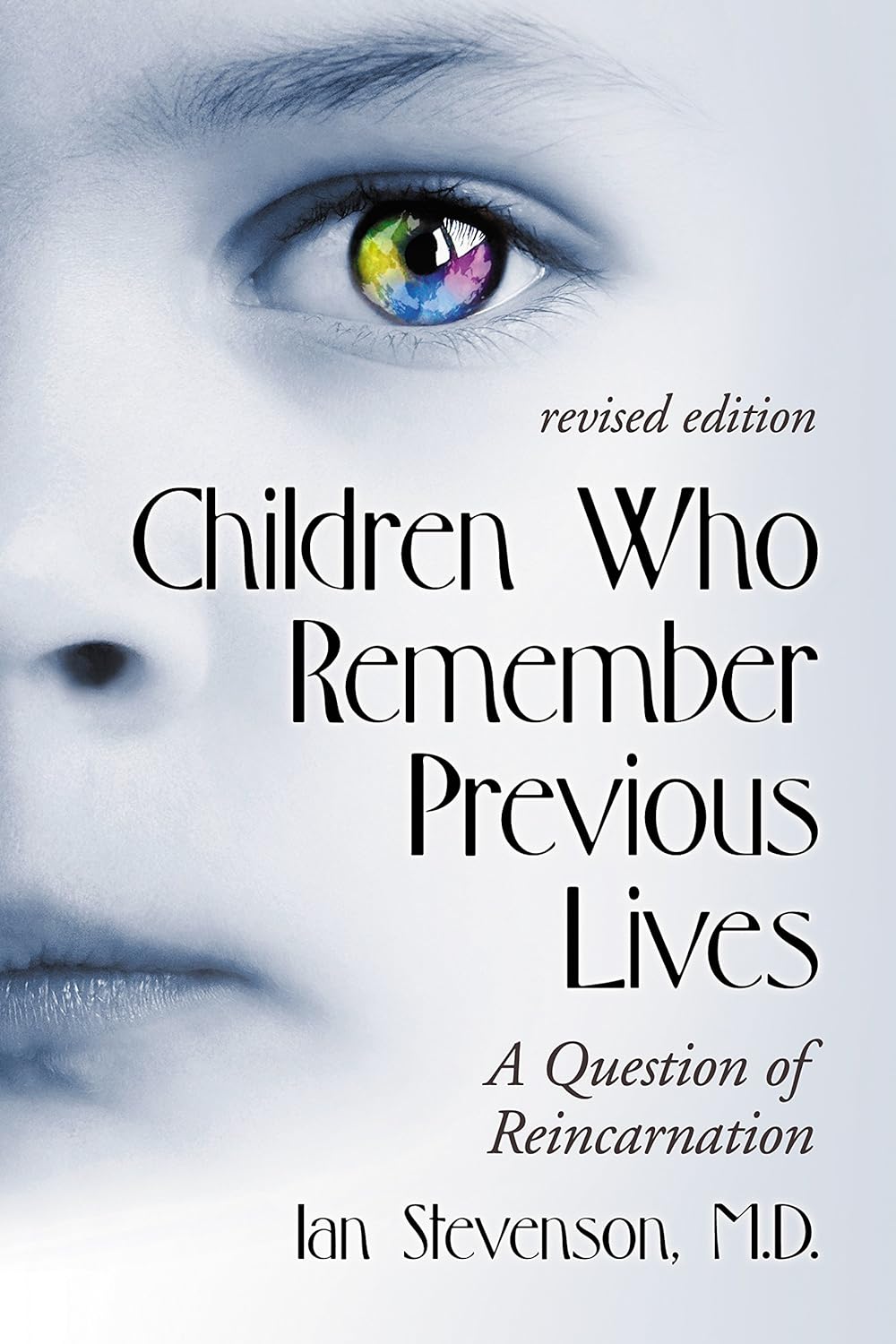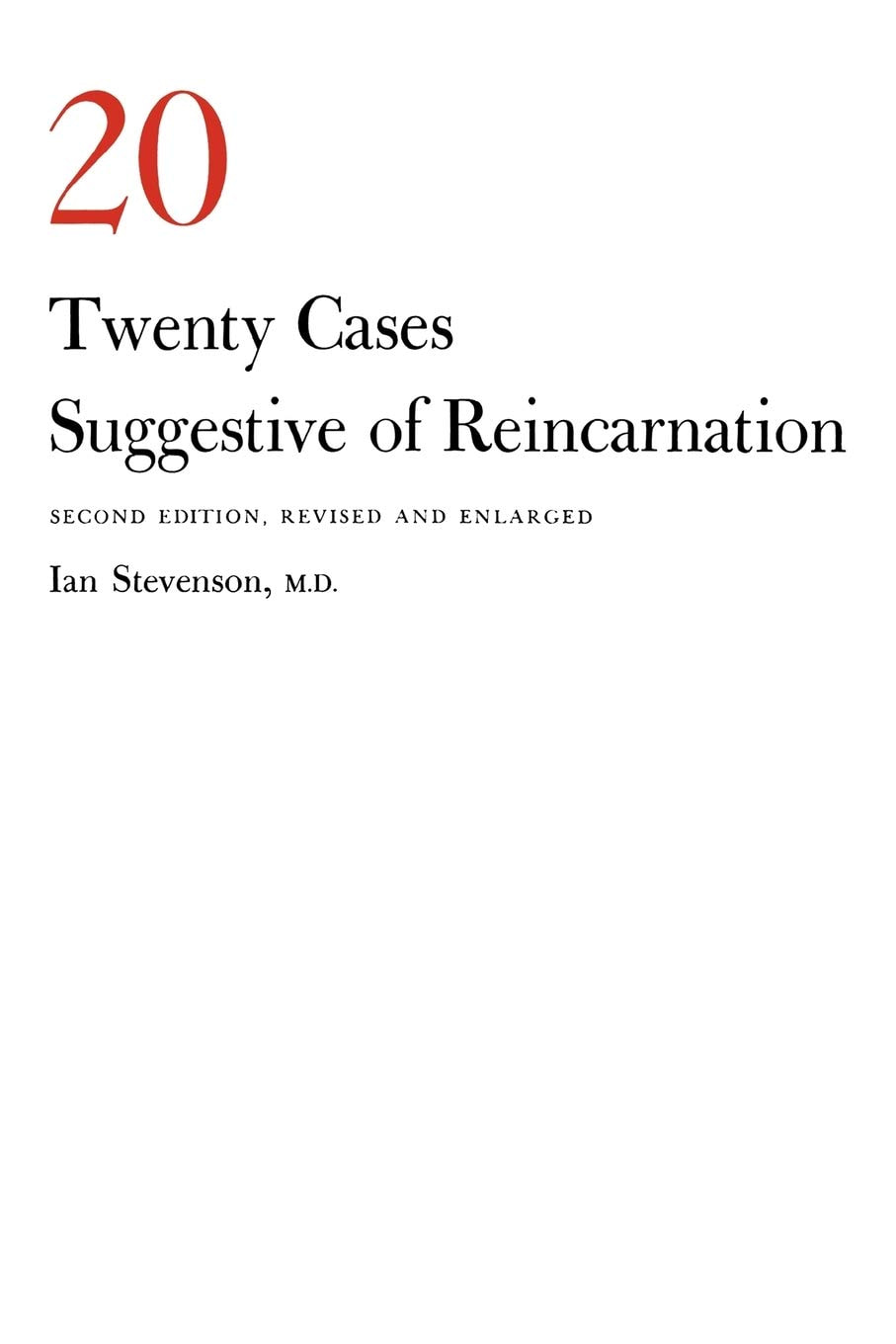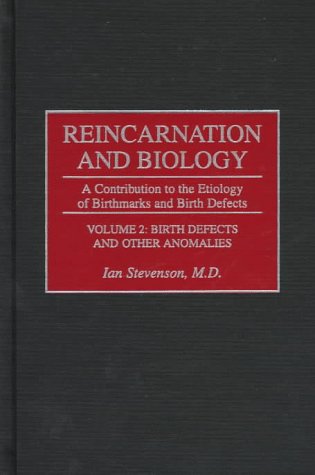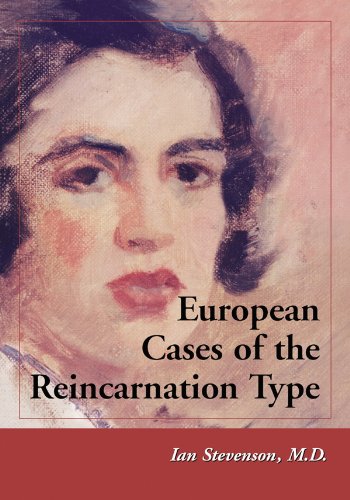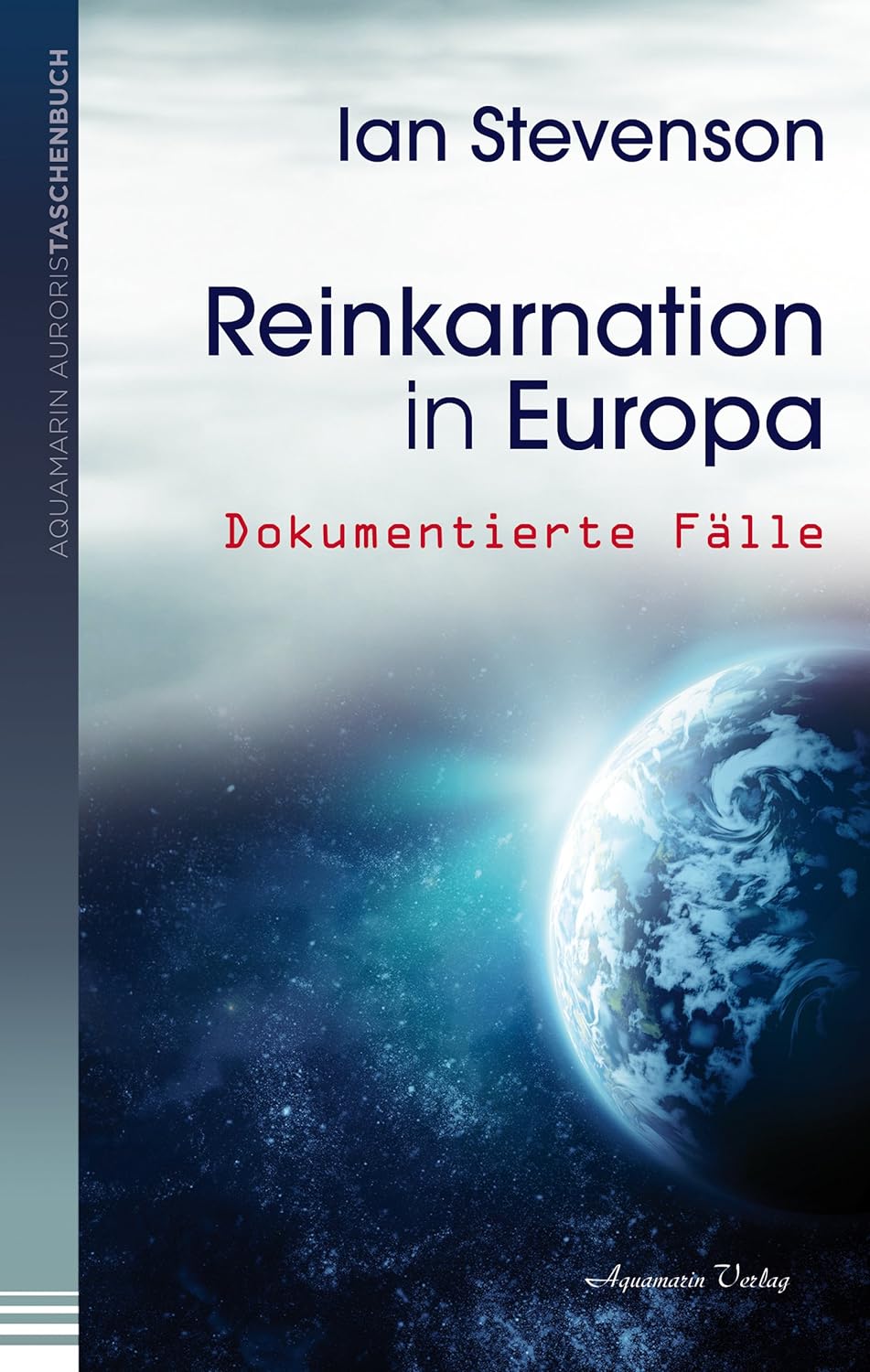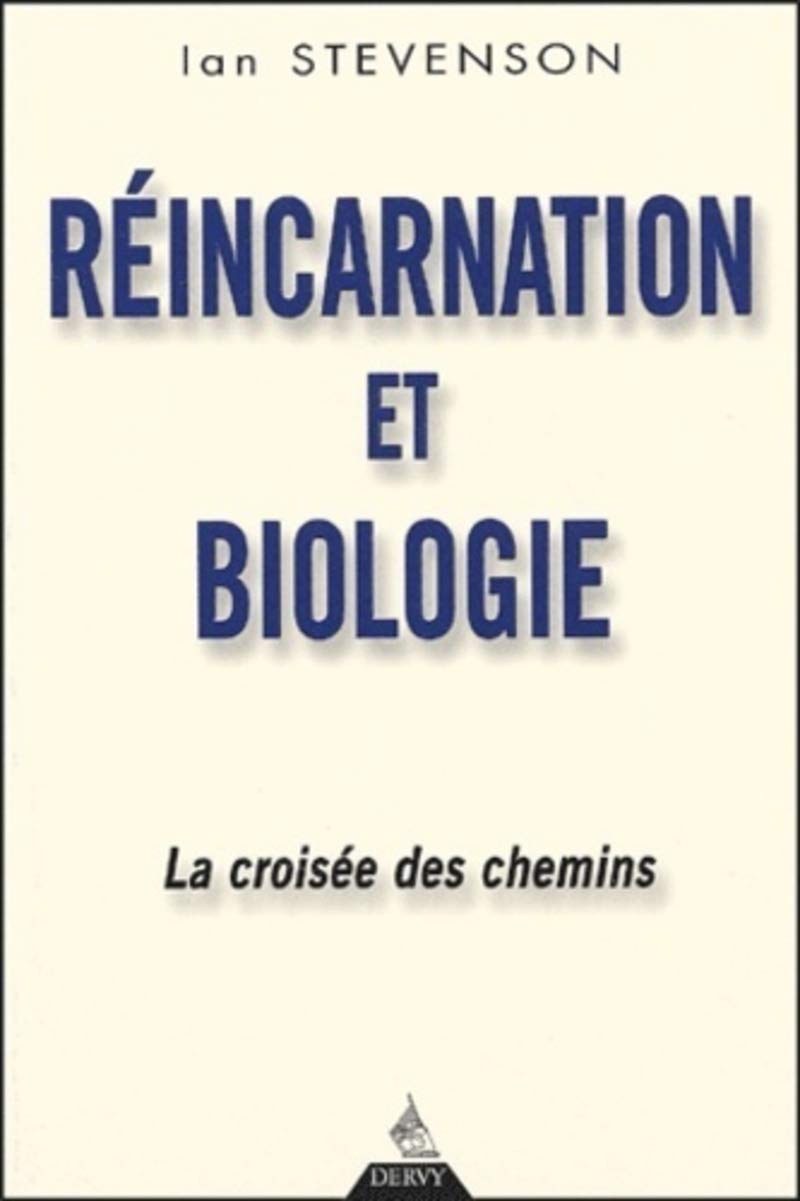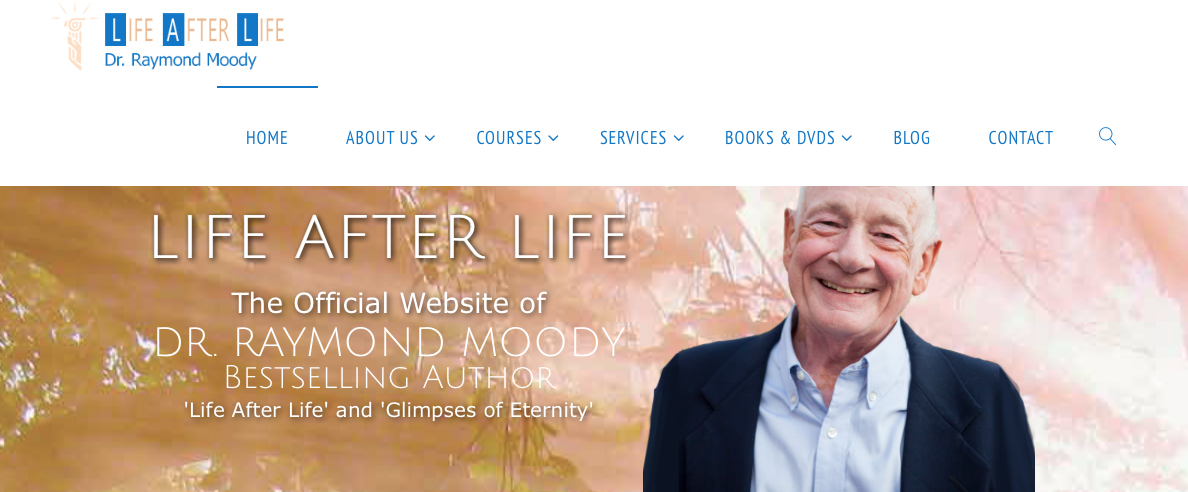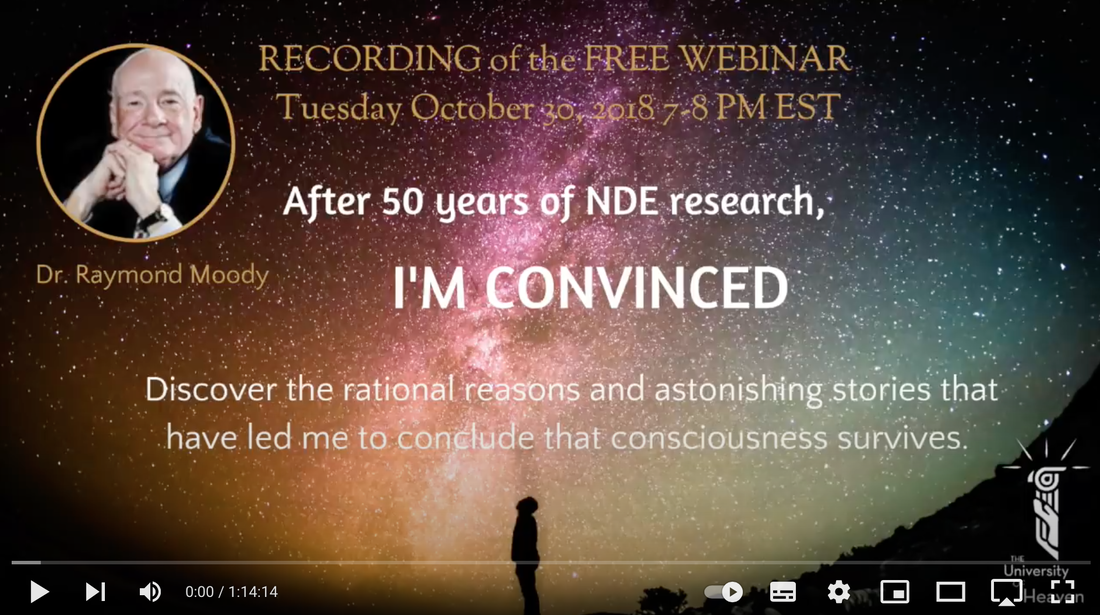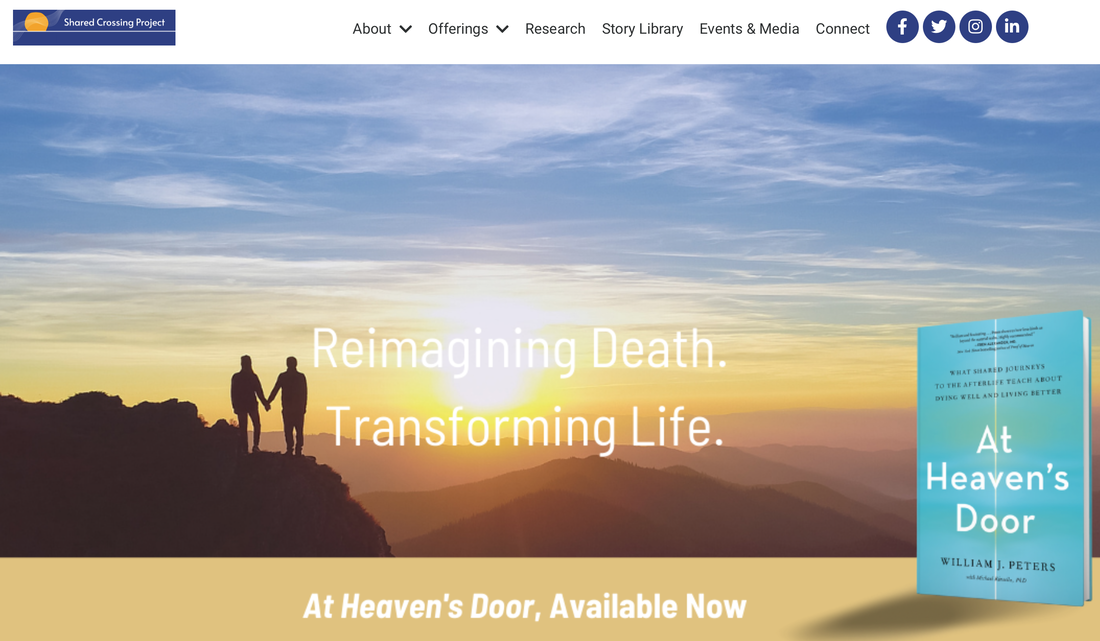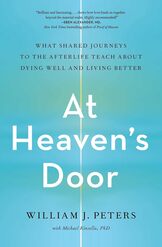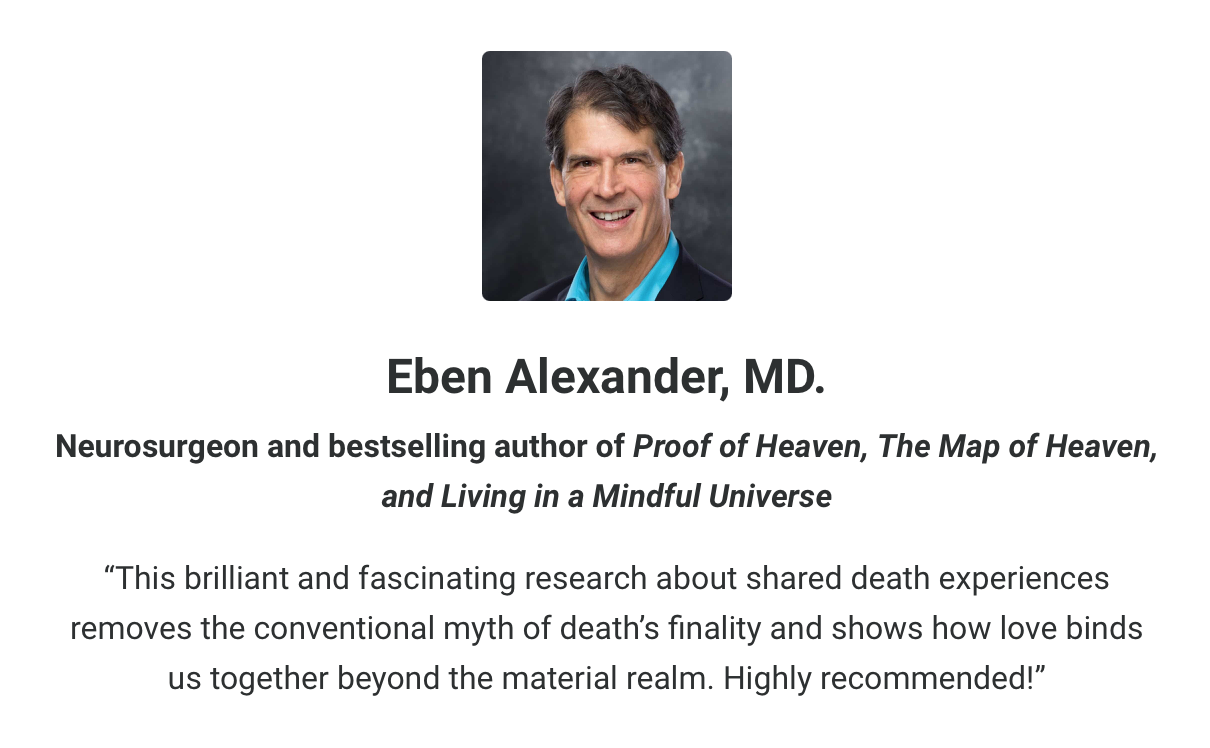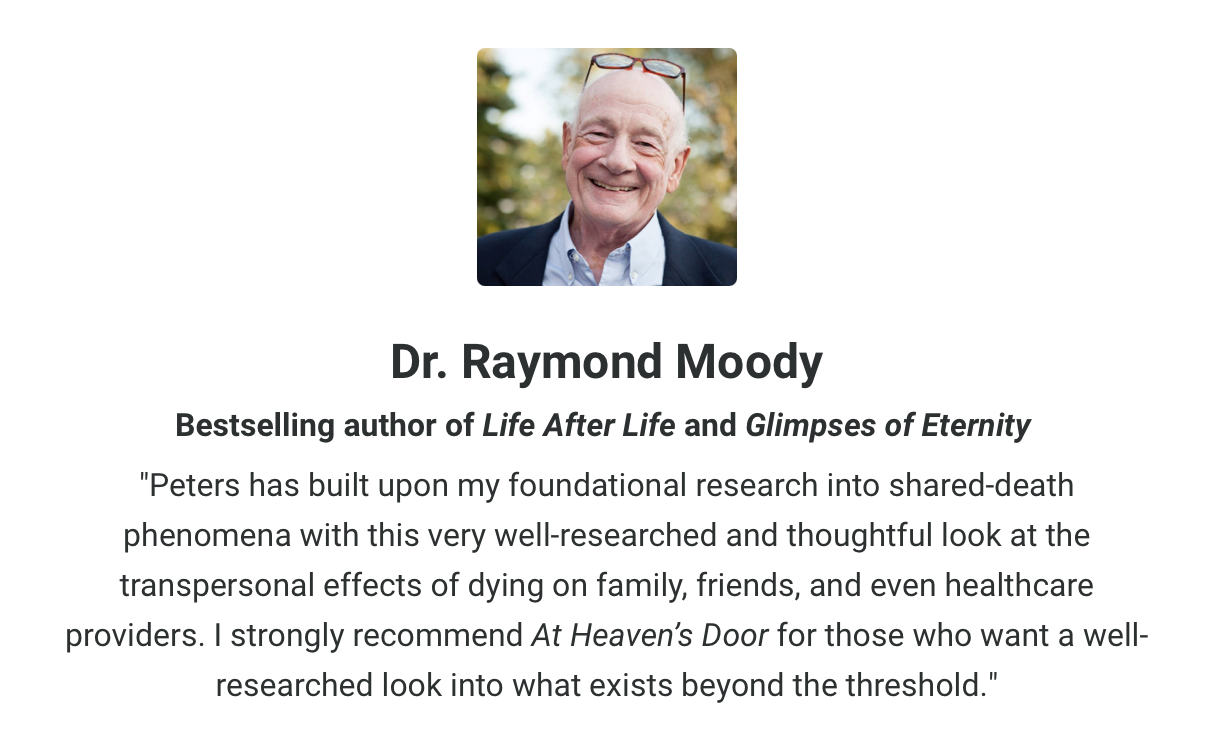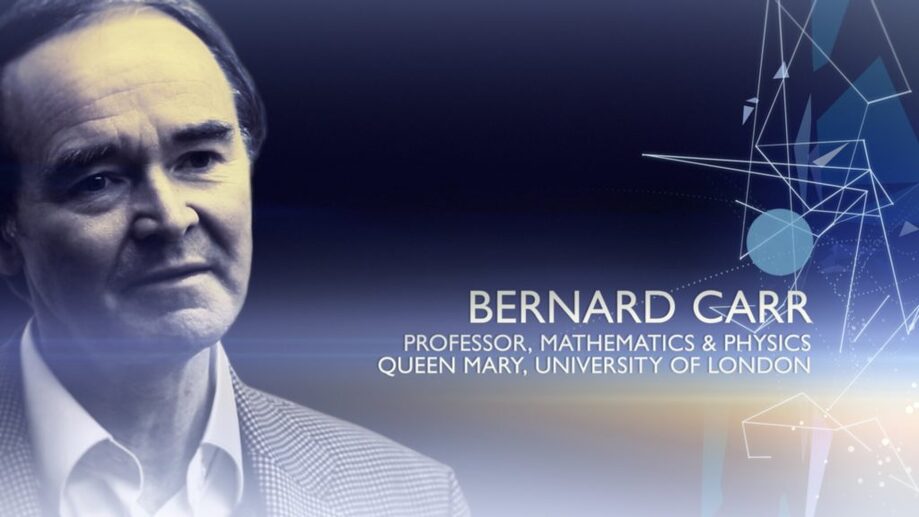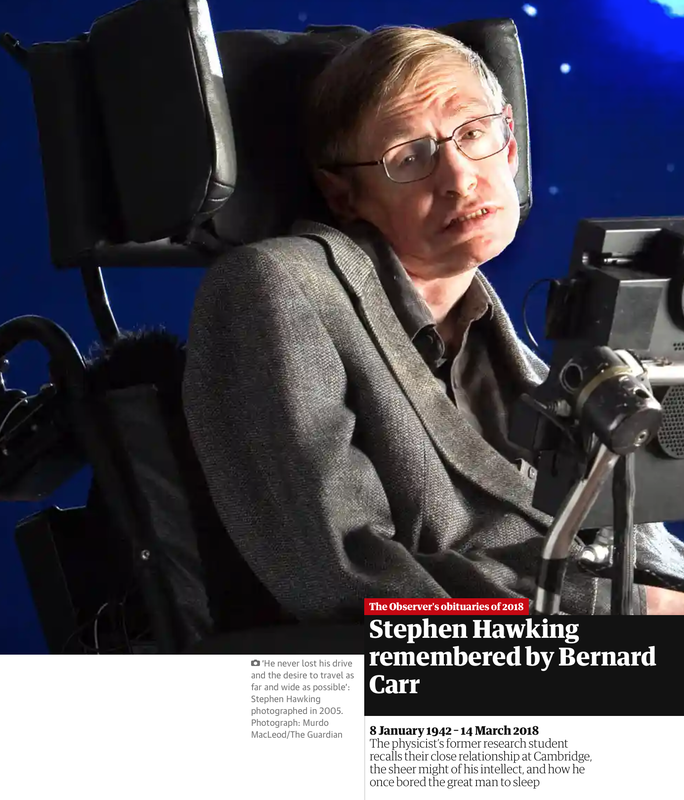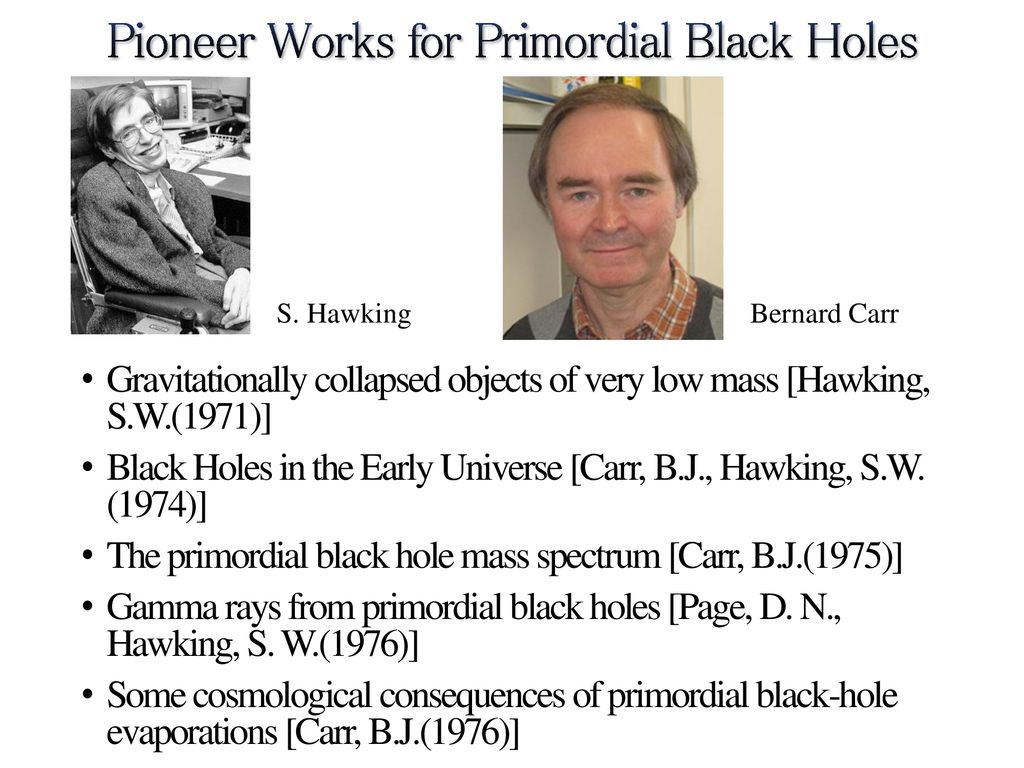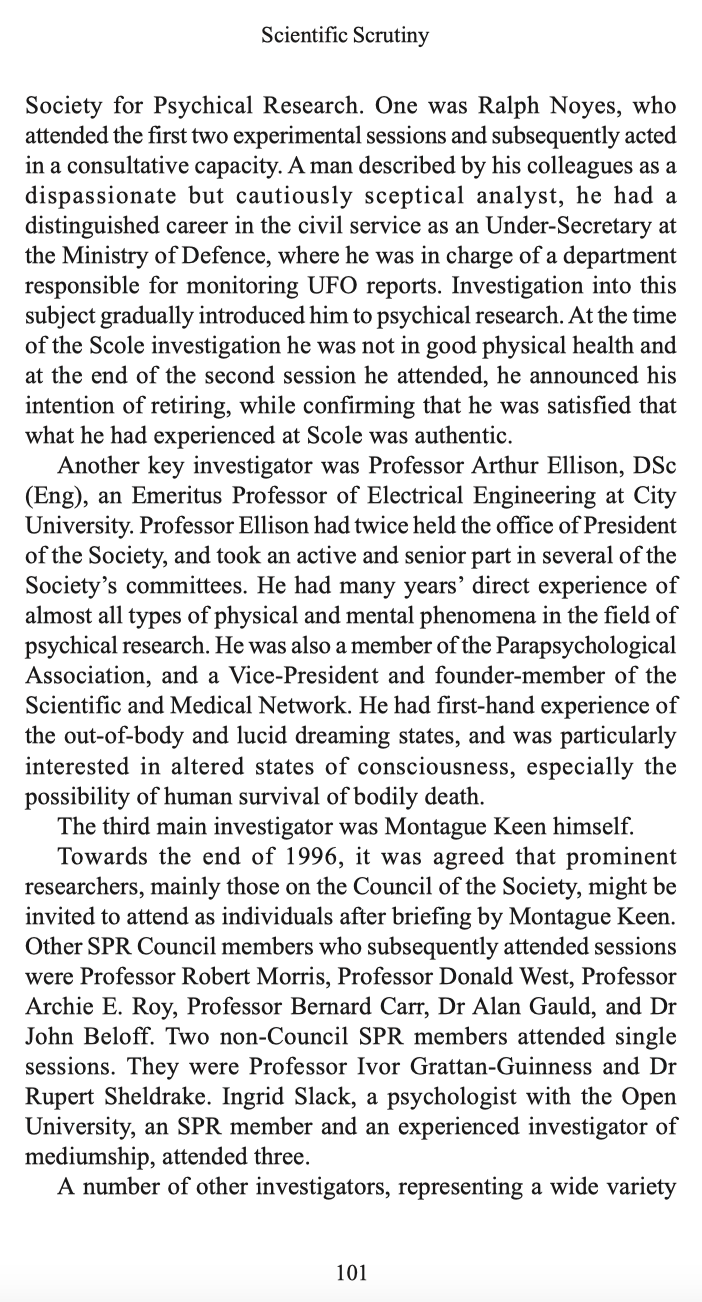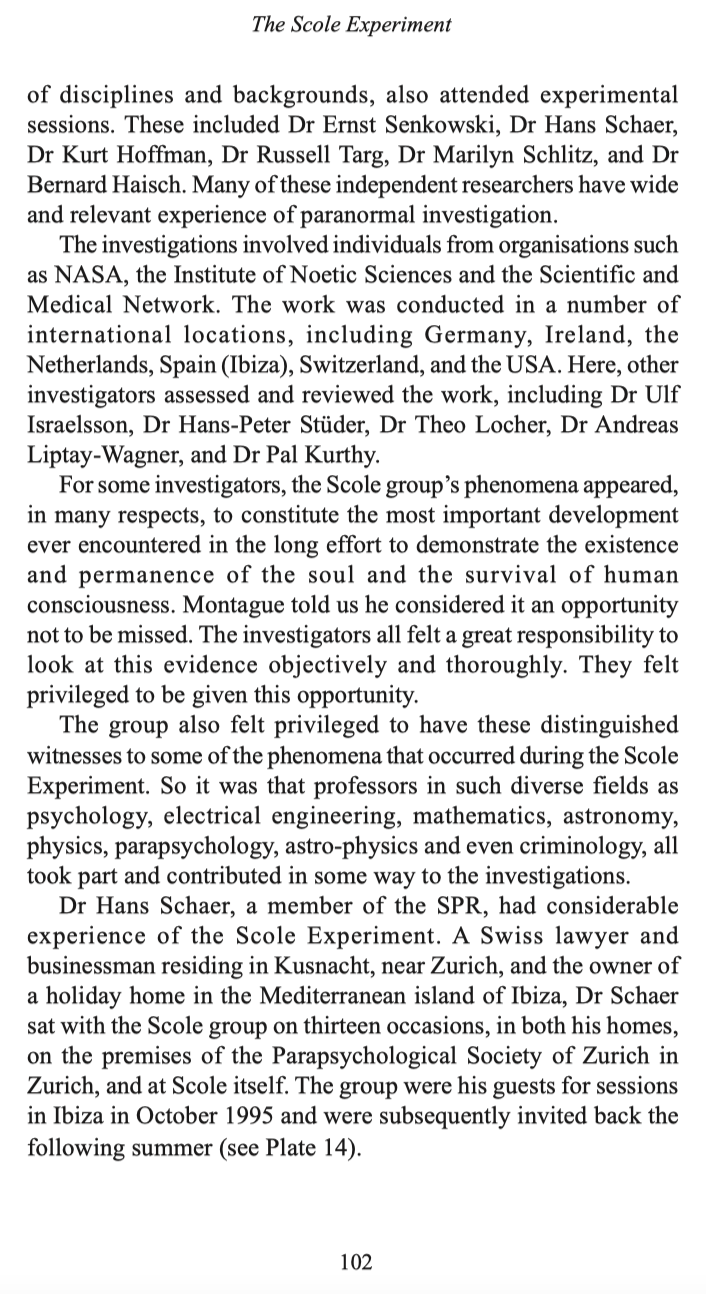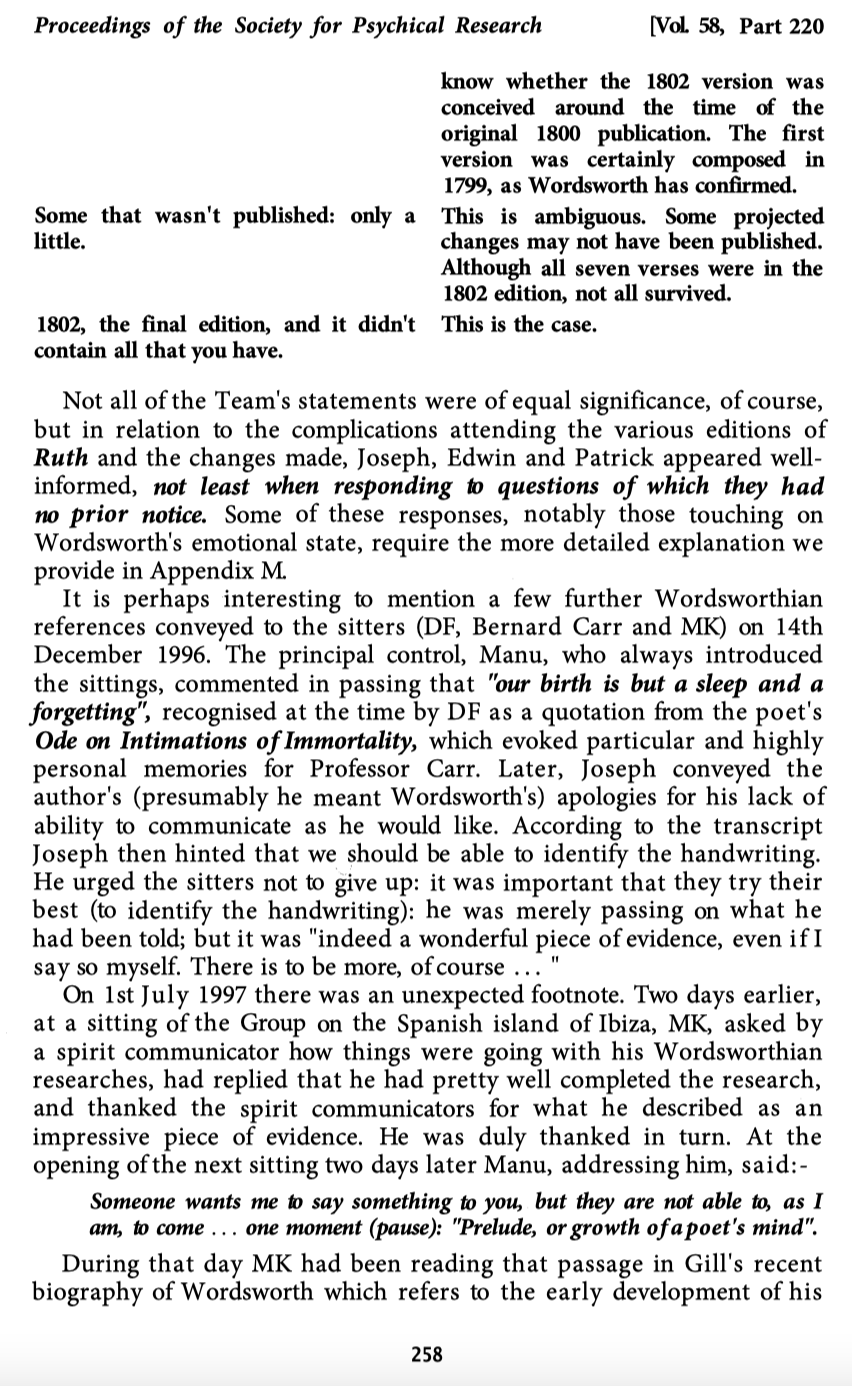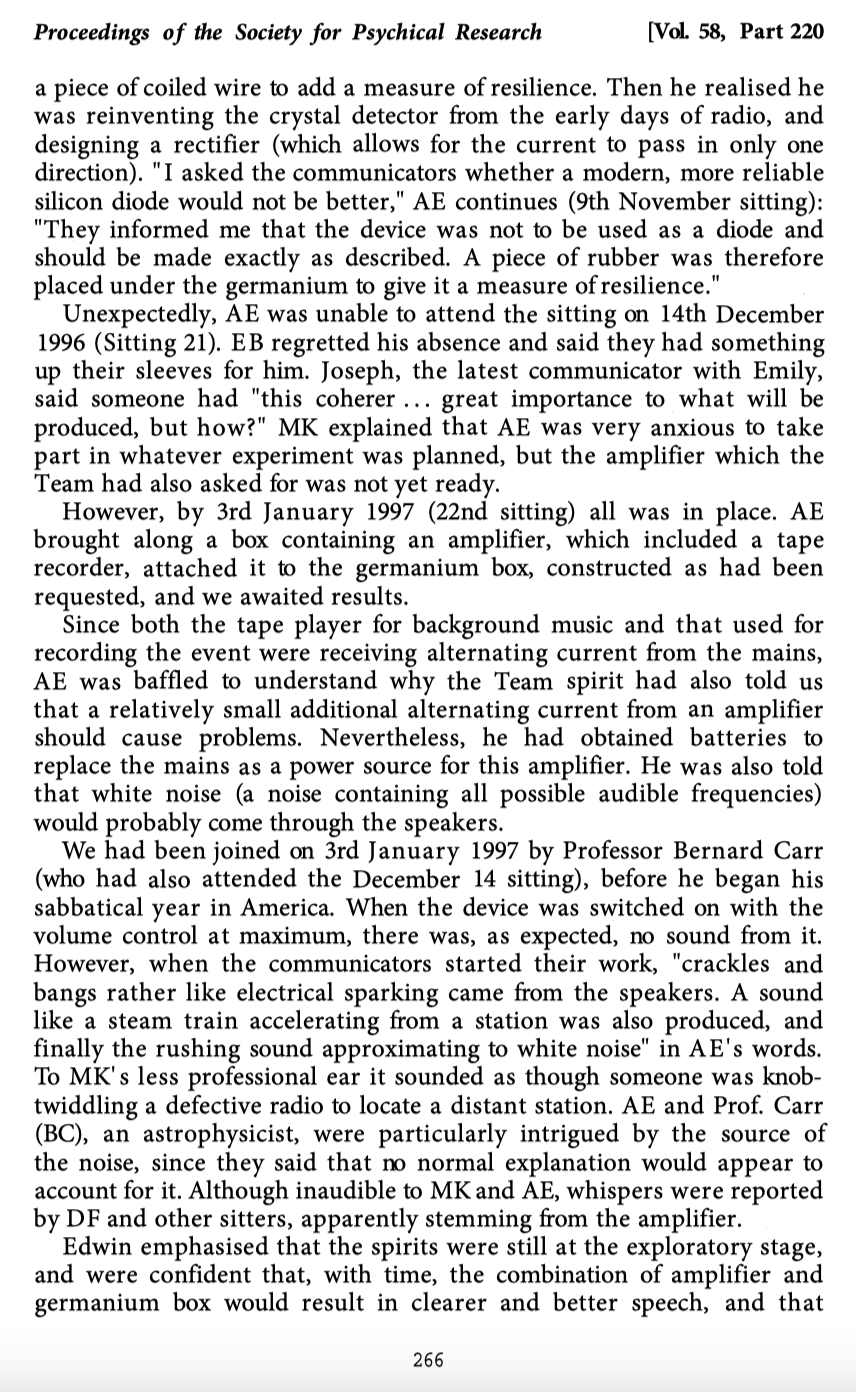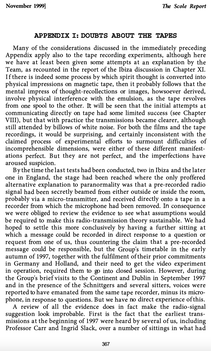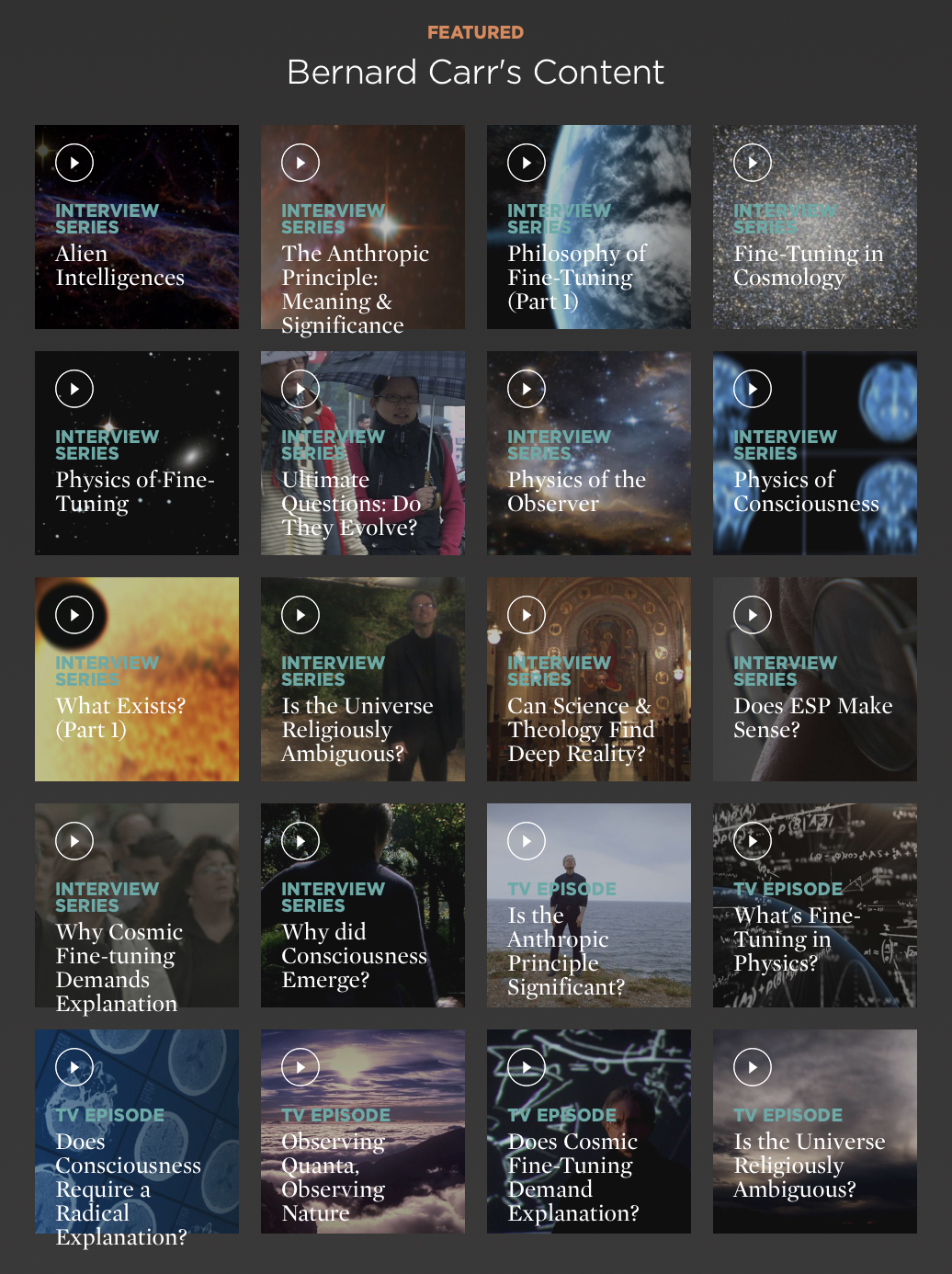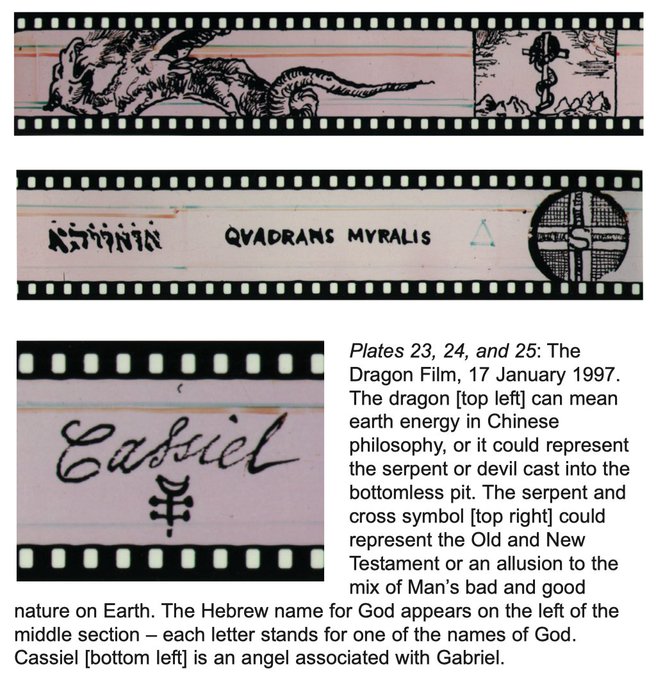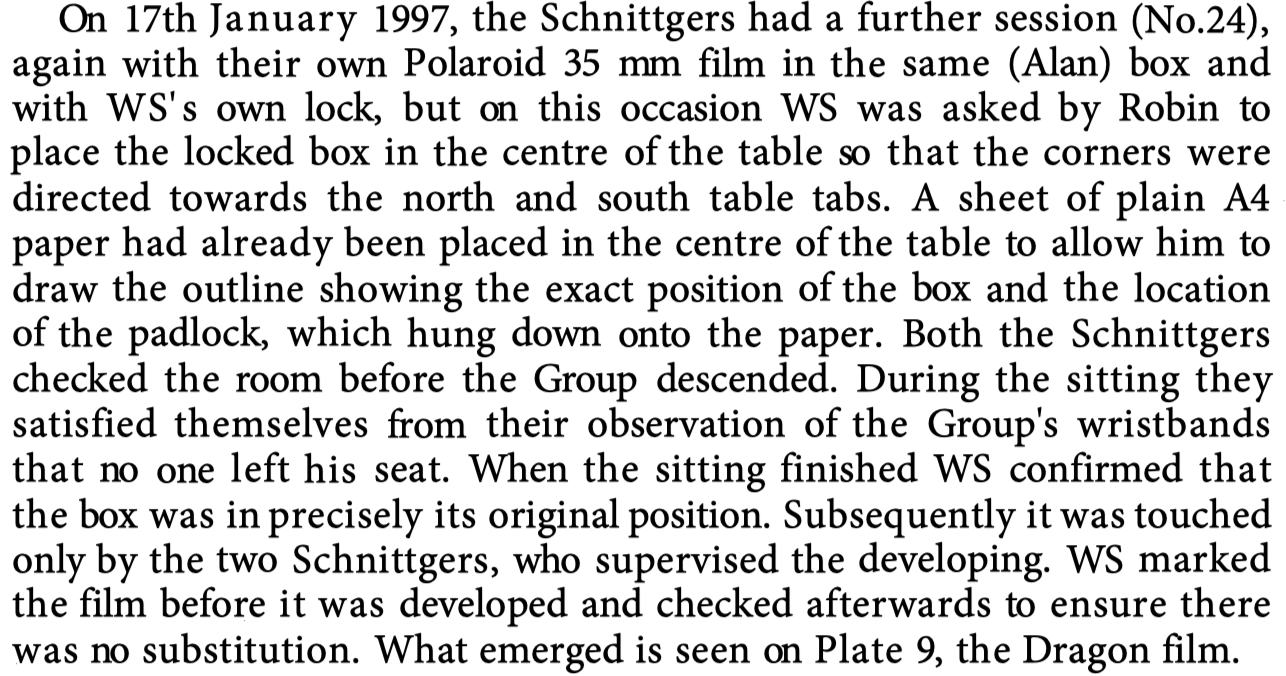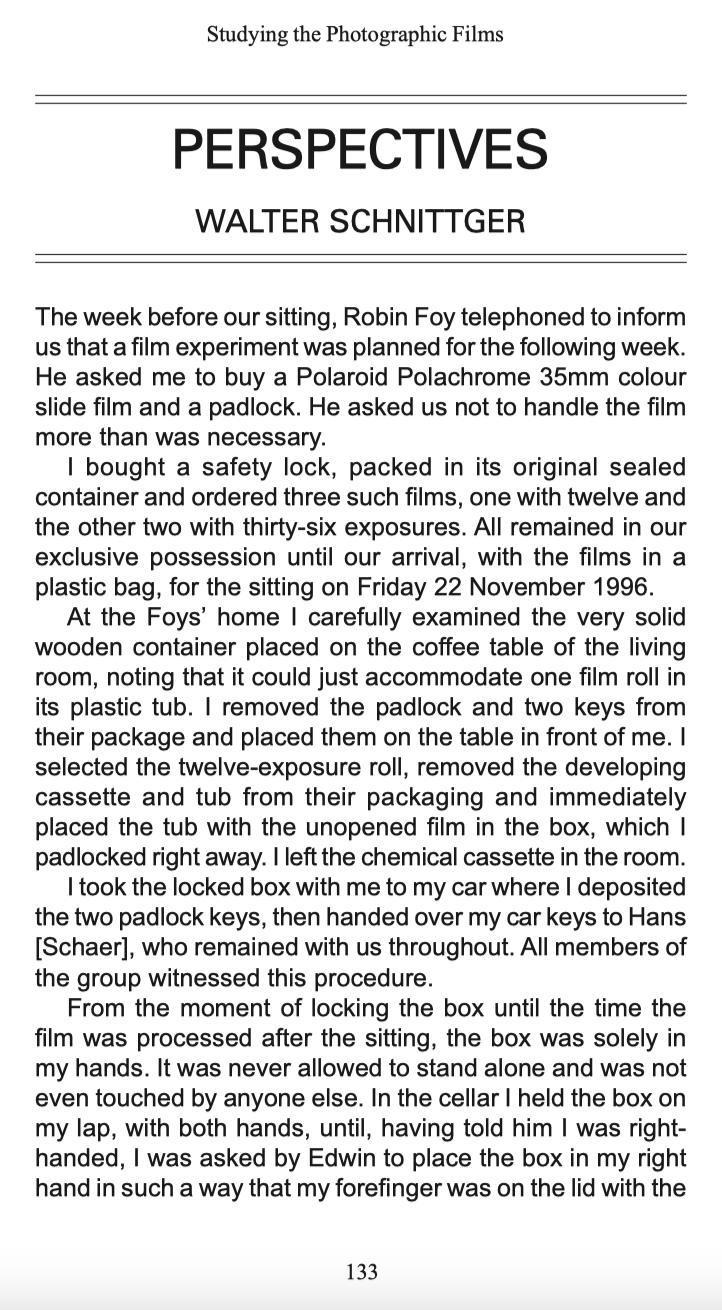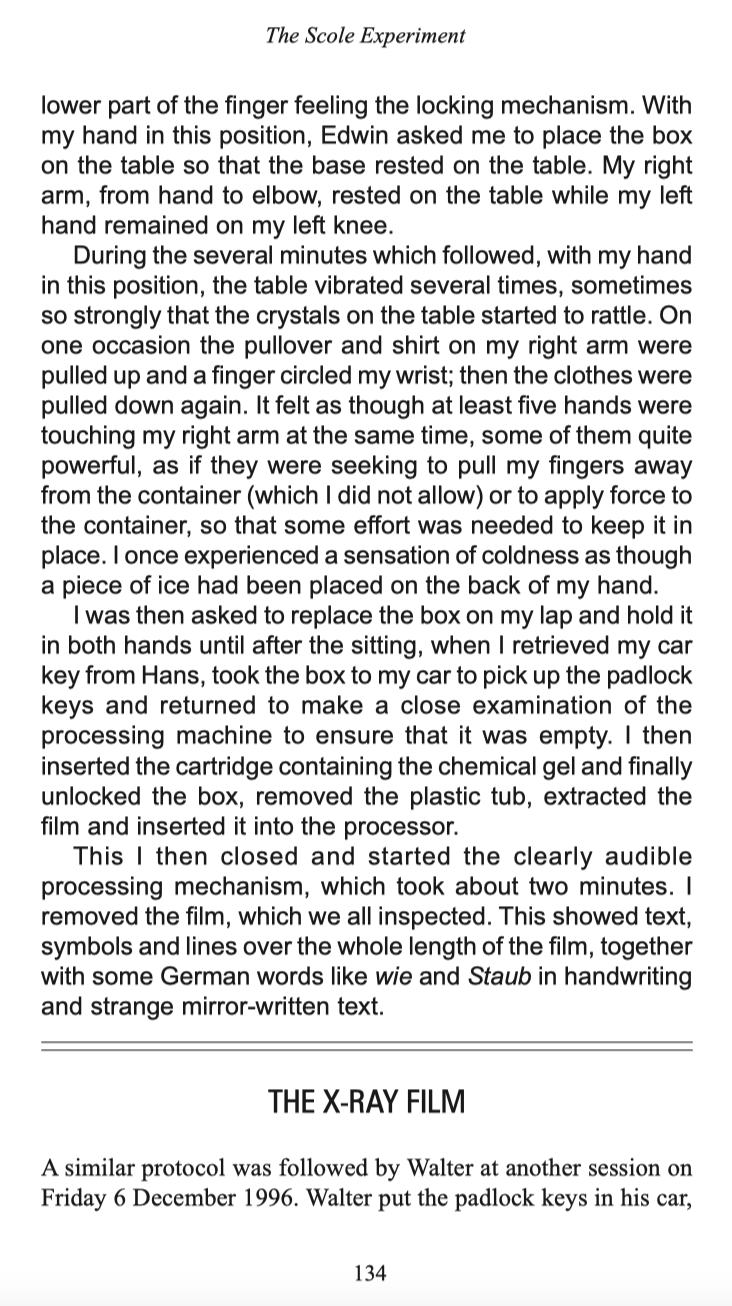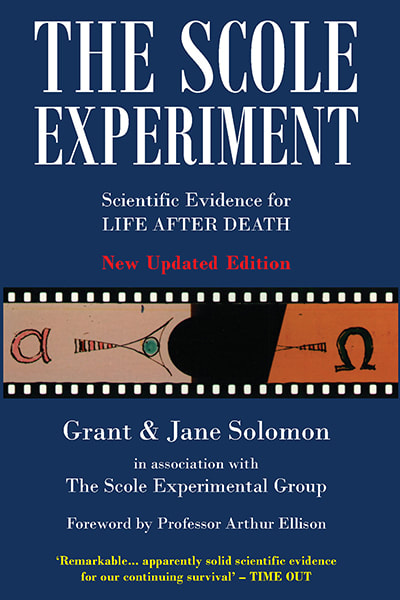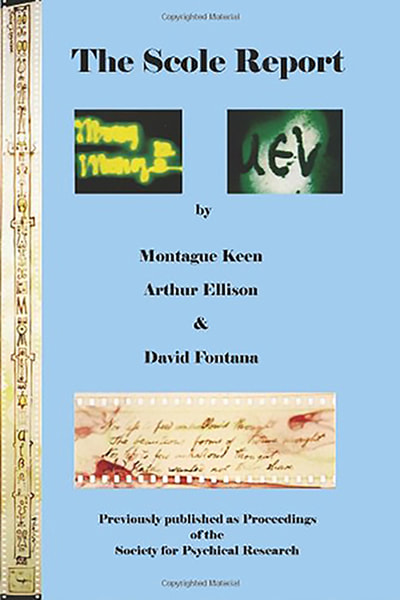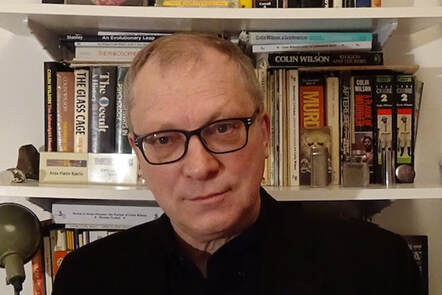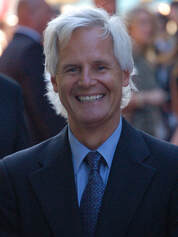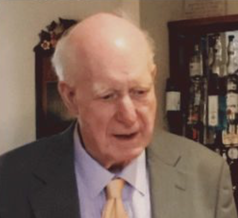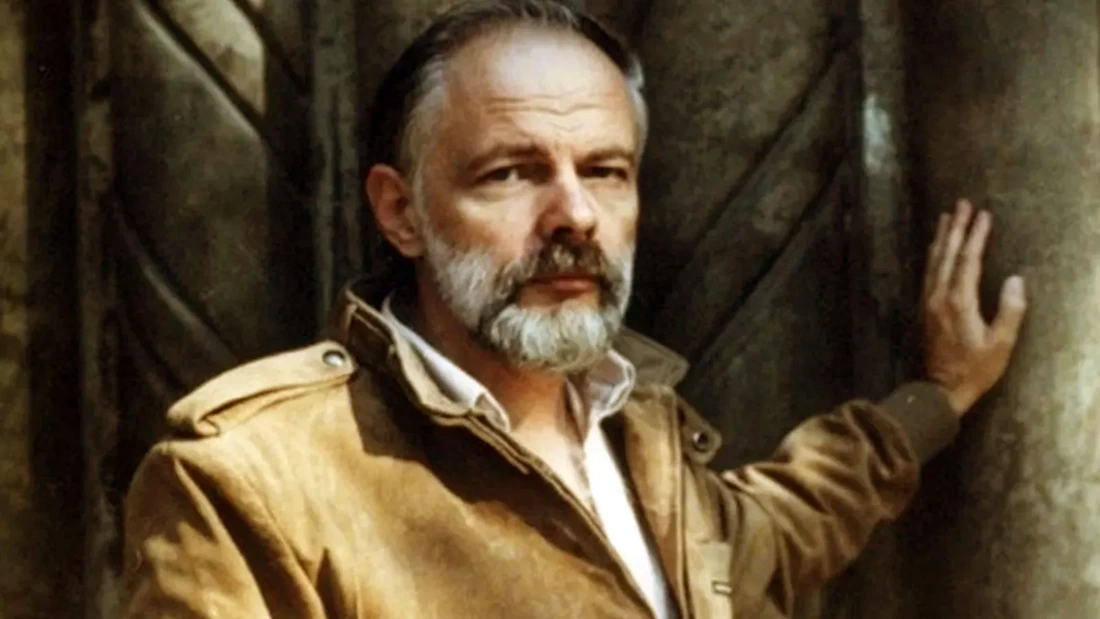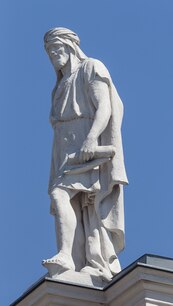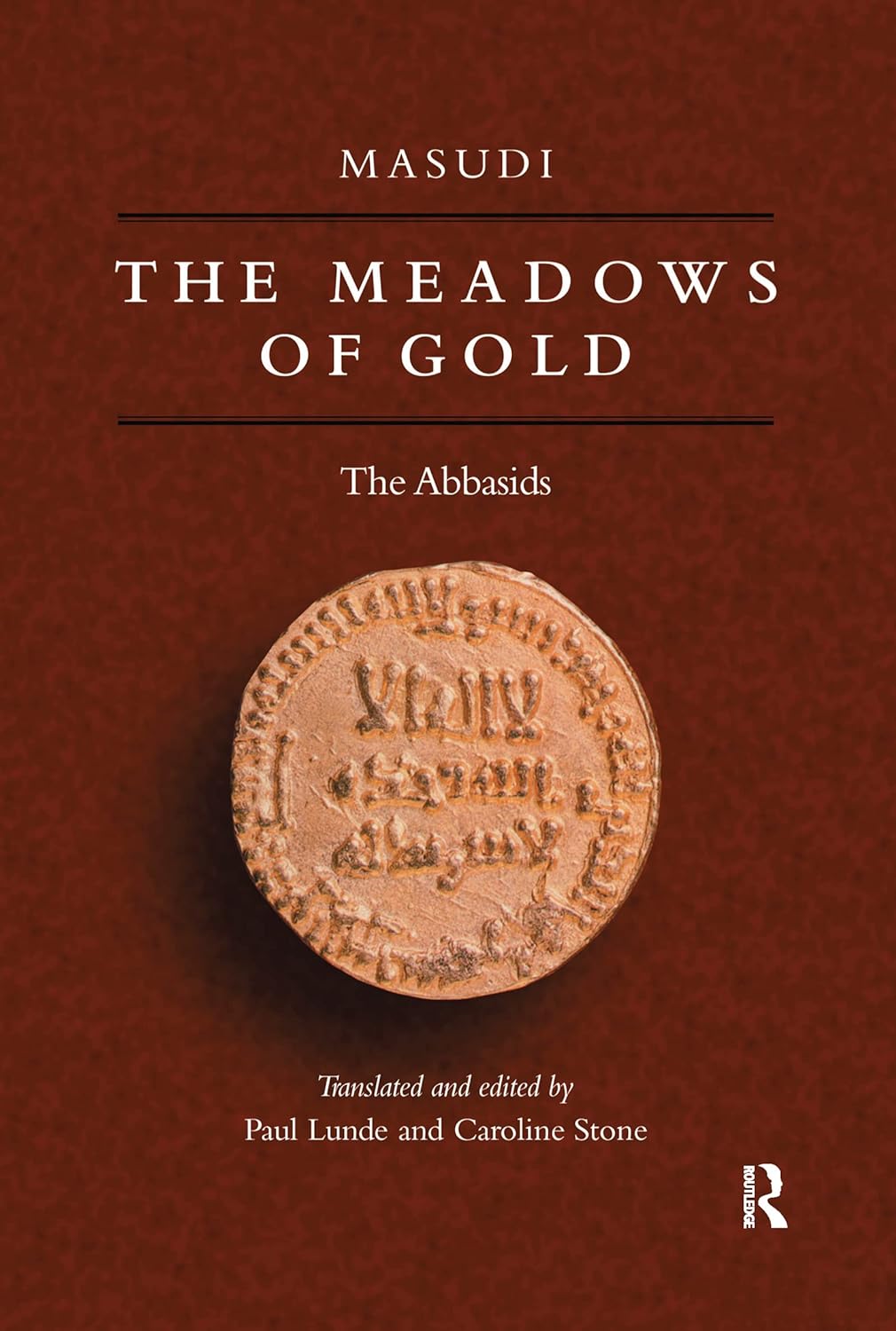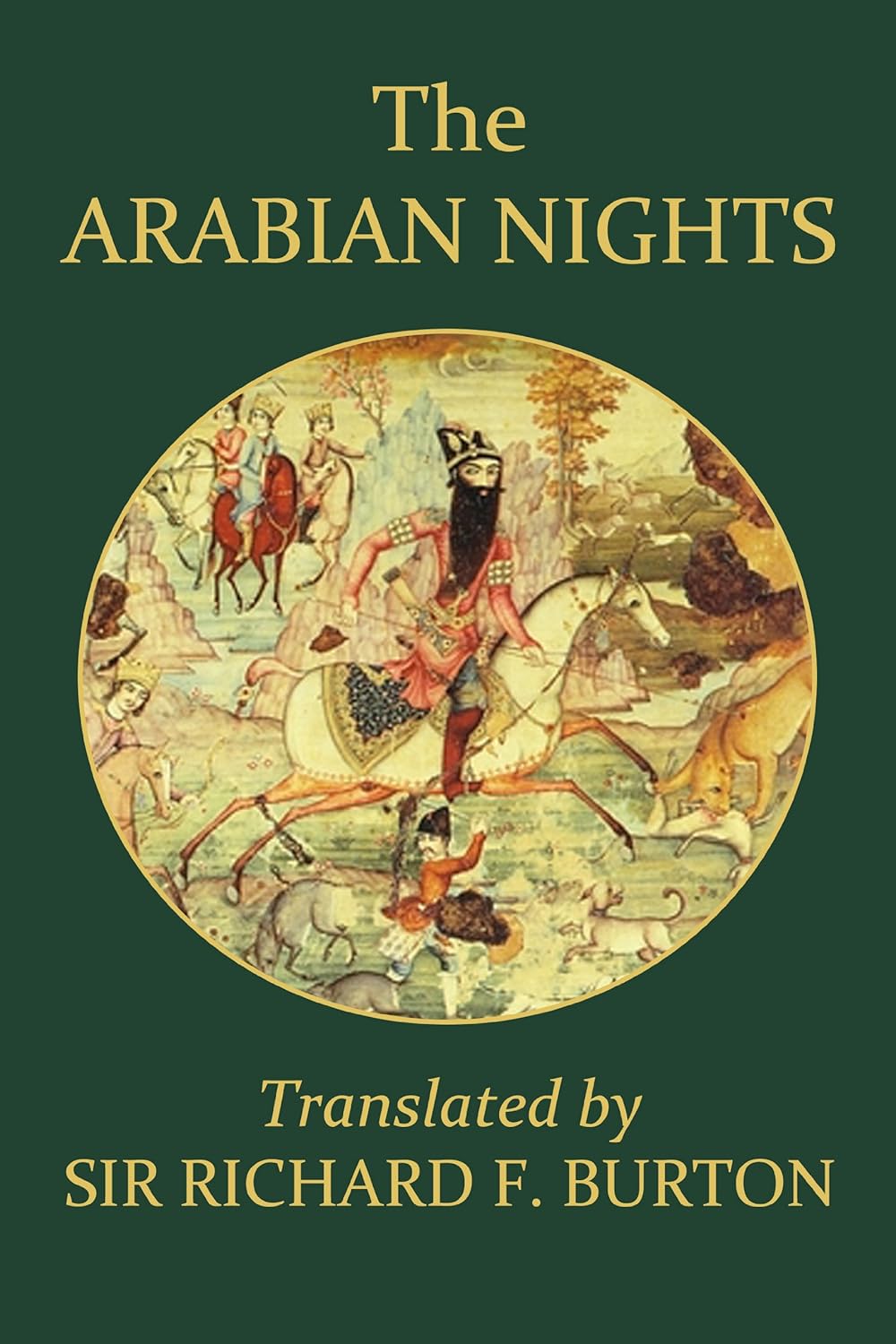|
Ian Stevenson MD Ian Stevenson (1918-2007) was a Canadian-born psychiatrist based at the University of Virginia, who devoted much of his career to psychical research. He is best known for his pioneering work on the phenomenon of past life memories among young children, as described in his landmark study Twenty Cases Suggestive of Reincarnation and other publications.[Source]
Reincarnation, Part One: The Research of Ian Stevenson, with Walter Semkiw (Recorded on November 22, 2015) Walter Semkiw, MD, is founder and president of the Institute for the Integration of Science, Intuition, and Spirit. He is author of Born Again: Reincarnation Cases Involving Evidence of Past Lives, with Xenoglossy Cases Researched by Ian Stevenson, MD, and Origin of the Soul and the Purpose of Reincarnation: With Past Lives of Jesus. Here he describes the pioneering research of Dr. Ian Stevenson at the University of Virginia who established the discipline of reincarnation research by focusing on investigations of young children who remember past lives. He points out that Stevenson and his colleagues have investigated over 2,500 cases of the reincarnation type. About half of these are considered “solved” in that a prior lifetime was identified based upon information provided by the child. Most of these cases are from countries where reincarnation is an accepted concept. He argues that, from these cases, we can infer how reincarnation works. In many cases, the families associated with the prior personality accept such children as the reincarnations of their deceased loved ones.
0 Comments
The following is Dr Moody's personal statement from LifeAfterLife.com In 1975, I coined the term near-death experience in my book Life After Life. For half a century, I have researched some of life’s greatest mysteries. As both a PhD in philosophy and an MD, I have had a strong interest in how medical realities intersect with the ineffable realm of philosophy. In my multiple roles as author, professor, public speaker and grief counselor, I have heard thousands of accounts of near-death, shared-death and after-death experiences. I never expected that my interest in the afterlife would become such a focus of my life’s work, but it has led me to great associations, friendships and insights. Throughout my five-decade career, I have explored themes related to the trans-personal aspects of death, dying and grief. In my book Glimpses of Eternity, I discuss the phenomena of shared-death experiences. I write about my inquiry into past lives in my book Coming Back and share methods for evoking the dead, from Ancient Greece to modern times, in my book Reunions. I also have a passion for language, which I share with my colleague and co-founder of the Life After Life Institute, Lisa Smartt. My PhD in philosophy focused on unintelligibility and my new book Making Sense of Nonsense (Llewellyn 2020) discusses what nonsense teaches us about consciousness and altered states of being. For years, I have imagined a forum in which leading-edge researchers and thinkers could share their most up-to-date investigations into near-death phenomena while also drawing upon the wisdom of the ancients whose practices and customs clearly recognized a life beyond this one. With the help of my friends and colleagues, I will share with each of you all we have discovered at the most fascinating frontiers of life and death. Raymond Moody, MD, PhD I'm Convinced Consciousness Survives Dr Raymond Moody, who coined the term "near-death experience," offers an introduction to The University of Heaven with an overview of why after 50 years of skeptical inquiry, he is convinced that consciousness survives. In Search Of The Afterlife with Raymond Moody Here he reflects upon his lifelong quest to better understand the mystery of death. He acknowledges the existence of the afterlife, saying that he could no longer resist the evidential strength of certain cases. He also shares his passion for the philosophical exploration of near-death reports. He explains how he came to develop a classification scheme for levels and degrees of nonsense. He points out how the study of nonsense can lead to a shift in consciousness, required to fully understand the nature of the afterlife. William J Peters M.Ed, MFT William Peters founded the Shared Crossing Project in 2011. It is a local organisation with a global vision - to help create a world where death is honoured and where the mysteries surrounding life, death, and possibilities of an afterlife can be openly discussed and explored.
At Heaven's Door an interview with author William J. Peters 'In this episode of Jump Start Your Joy, I am interviewing William J. Peters. He is the founder of the Shared Crossing Project and the director of its research initiative. He is the author of the new book, At Heaven’s Door: What Shared Journeys to the Afterlife Teach about Dying Well and Living Better. Recognized as a global leader in the field of shared death studies, he has spent decades studying end of life experiences. He is a practicing grief and bereavement therapist, and he holds degrees from Harvard and UC Berkeley. In this interview, we are talking about understanding shared death experiences.'
Bernard Carr (b 1949) is a cosmologist and author, Emeritus Professor of Mathematics and Astronomy at Queen Mary University of London. Carr has a long association with the Society for Psychical Research, serving as its president in 2000-2004. He is interested in the role of consciousness in physics and is working towards a new psycho-physical paradigm linking matter and mind, that accommodates both normal and paranormal mental experiences.
Source: Psi Encyclopedia
In his capacity as a Council member of the Society for Psychical Research, Professor Carr attended The Scole Experiment as a member of the investigating team.
The Scole Report (Proceedings of the Society for Psychical Research Vol. 58, Part 220) is a comprehensive record of the conduct of the investigation of The Scole Experiment, which includes Professor Carr's contribution.
In the video Hyperspace, Consciousness, and Time with Bernard Carr he shares, with Jeffrey Mishlove PhD, his thinking about how consciousness and psychic phenomena can best be integrated into theoretical physics. He describes the history of thinking regarding hyperspace as well as his own preferred models of consciousness. He also shares some insights into the nature of time and the "specious present" that we experience as human organisms.
At 40:20 on this video, Carr discusses the hypothesis that 'biofields' could be an explanation for some psi phenomena like ESP or miraculous healing, but there is no current way of measuring them.
Psychical Research and Parapsychology with Bernard Carr
Here he shares his passion for parapsychology and psychical research and describes several of his own experiments. He also reviews the history of these disciplines, from his unique perspective as a physicist and astronomer. The discussion touches on questions of postmortem survival, reincarnation, telepathy, and UFOs. He shares his memories of the late Professor Ian Stevenson as well as his admiration for Sir Oliver Lodge.
Consciousness and Cosmology with Bernard Carr
Here he explains how he has endeavored to maintain professional interests in psychical research, spirituality, physics, and cosmology. He notes that his own interest in the paranormal was stimulated by a series of out-of-body experiences. He suggests that a physical understanding of consciousness will most likely entail a theory incorporating higher dimensions of space. He also describes his work on the anthropic cosmological principle as well as primordial black holes.
Consciousness and Cosmology with Bernard Carr
Here he explains how he has endeavored to maintain professional interests in psychical research, spirituality, physics, and cosmology. He notes that his own interest in the paranormal was stimulated by a series of out-of-body experiences. He suggests that a physical understanding of consciousness will most likely entail a theory incorporating higher dimensions of space. He also describes his work on the anthropic cosmological principle as well as primordial black holes.
Bernard Carr - Can Science and Theology Find Deep Reality?
Some say that science and theology together reveal deep reality. Others say that only science makes sense; theology is myth. Which maximizes knowledge of the most profound issues of existence and human experience? Science alone?
Bernard Carr - Why Cosmic Fine-tuning Demands Explanation
The universe works for us because deep physical laws seem to work. But if the values of these laws would much change, in either direction, then all we see and know could not exist. No galaxies. No stars. No planets. No people. Do such special physical laws cry out for explanation?
Bernard Carr - Alien Intelligences
Whether there are other intelligences in the vast cosmos is one of the big questions of human existence and perhaps of existence in general. Estimates using probabilities almost always portray a universe teeming with sentient creatures. Any implication of human uniqueness seems to contradict basic assumptions of science. And yet, there is no sign of alien intelligences, none whatsoever. Why?
Bernard Carr - Ultimate Questions: Do They Evolve?
Ask the most fundamental questions; make the most penetrating inquires; probe the deep essence of existence. Push boundaries. Search the foundations of reality. Imagine all that may exist in physics and cosmology, even beyond current understanding. Then ask how such ultimate questions may change over time.
Bernard Carr - Fine-Tuning in Cosmology
What enables structures to form in the universe? How did galaxies, stars and planets develop from the primeval plasma soup? What are the laws of nature that bring about these cosmic bodies and did those laws have to be just so? Is it legitimate science to see fine-tuning in cosmology?
Making space and time for matter and mind
Presentation by Bernard Carr during Essentia Foundation's 2020 online work conference.
Can an Extended Science Bridge the Worlds of Matter, Mind, and Spirit?
A full understanding of the universe must encompass the three worlds of matter, mind and spirit, as well as building bridges between them. While physics has been remarkably successful in describing the material world, from the smallest scales of particle physics to the largest scales of cosmology, it currently makes no reference to consciousness and associated mental or spiritual experiences. Indeed, most physicists adopt a materialist and reductionist view in which consciousness is just an incidental by-product of the brain. However, many arguments from physics itself suggest that consciousness is a fundamental rather than incidental feature of the Universe, so it is natural to extend physics to accommodate it. This is especially true if one believes in certain anomalous interactions between consciousness and the physical world. However, this will require a radically different physical paradigm from the one that currently prevails. Bernard Carr is Emeritus Professor of Mathematics and Astronomy at Queen Mary University of London. His professional area of research is cosmology and relativistic astrophysics and includes such topics as the early universe, black holes, dark matter, and the anthropic principle. His recent books are Universe or Multiverse? (2007) and Quantum Black Holes (2014). He believes that physics must expand to accommodate consciousness and mental phenomena. Professor Carr is President of the Scientific and Medical Network and former president of the Society for Psychical Research. Source: Theosophical Society
Links
Psi Encyclopedia 'I oversaw the security at The Scole Experiment for the "padlocked box" photographic experiments. I have no normal explanation for how the images got onto the film'. —Dr Walter Schnittger From an interview with authors Grant & Jane at the (Society for Psychical Research) Scole Debate in 1999. German investigator, Walter Schnittger, is a consultant automotive engineer and his wife, Karin, is an interpreter. They attended a number of experimental sessions at Scole. In his witness testimony to The Scole Experiment authors, Grant & Jane Solomon - at The Scole Debate in London - Walter describes how he bought a roll of film, put the unopened film in the locked security box, and held the box in his hands throughout the session, neither putting it on the table nor allowing anyone else to touch it. He then supervised the development procedure. Despite the film he purchased being unopened and in a locked box in Walter's hand for the whole session, there was writing along the length of the film in the form a German poem. The Schnittger's testimony, and the images from this photographic film, are included in the updated 2006 edition of The Scole Experiment: Scientific Evidence for Life After Death The Dragon Film 'transmitted' to The Scole Experiment 17 Jan 1997. Walter and Karin also travelled from Germany to supervise the experimental session where the 'Dragon Film' appeared on a film secured in a padlocked box. Below is the transcript of Dr Walter Schnittger's witness testimony from: The Scole Experiment: Scientific Evidence for Life After Death. Discover more... read The Scole Experiment and The Scole Report
Gary Lachman [aka Gary Valentine] (1955-)
Gary Joseph Lachman (born 24 December 1955), also known as Gary Valentine, is an American psi writer and musician. He came to prominence in the mid-1970s as the bass guitarist for rock band Blondie. Since the 1990s, Lachman has written full-time, often about mysticism, occultism, and other psi themes.
Reviews: The Return of Holy Russia
Gary Lachman Video Interviews on New Thinking Allowed with Jeffrey Mishlove
The Life and Work of Rudolf Steiner Magick and Politics Madame Blavatsky and Theosophy Colin Wilson: Existentialism Meets The Occult The Life and Ideas of Emanuel Swedenborg The Magickal Legacy of Aleister Crowley P. D. Ouspensky and the Gurdjieff Work The Hermetic Tradition and Hermes Trismegistus Lost Knowledge of the Imagination Esoteric Dimensions of Carl Jung Unraveling the Mystery of Holy Russia Dreamtime What Is Time?
Gary Lachman links
GaryLachman.co.uk California Institute of Integral Studies Wikipedia Blondie New Thinking Allowed
Chris Carter (1956-)
Christopher Carl Carter (born 13 October 1956) is an American television and film producer, director, and writer who gained fame in the 1990s as the creator of the Fox science fiction supernatural drama series The X-Files. This series contains many psi themes which qualify it for inclusion in the 'psi-fi genre'.
The X-Files Story Arc(s)
At the start of their investigations, Mulder believes in the existence of aliens and the paranormal while Scully, a medical doctor and a skeptic, is assigned to scientifically analyze Mulder's discoveries, offer alternate rational theories to his work, and thus return him to mainstream cases. Early in the series, both agents become pawns in a larger conflict and come to trust only each other and a few select people. The agents also discover an agenda of the government to keep secret the existence of extraterrestrial life. They develop a close relationship which begins as a platonic friendship, but becomes a romance by the end of the series. In addition to the series-spanning story arc, 'monster of the week' episodes form roughly two-thirds of all episodes.
Alan Gauld (1932-)
A British psychologist who taught biological psychology and neuropsychology at the University of Nottingham. Dr Gauld is well-known in the psi research community for his investigations and commentary, notably in the areas of poltergeists, mediumship and the early history of psychical research. He is a past president of the Society for Psychical Research (SPR). He is author of the critically-acclaimed A History of Hypnotism. Also author of Mediumship and Survival and The Founders of Psychical Research.
*The Paranormal is an ebook series from F&W Media International Ltd, resurrecting rare titles, classic publications and out-of-print texts, as well as new ebook titles on the supernatural - other-worldly books for the digital age. The series includes a range of paranormal subjects from angels, fairies and UFOs to near-death experiences, vampires, ghosts and witchcraft.
Philip K Dick: the writer who witnessed the future By Adam Scovell - 2nd March 2022 Writers of science fiction often feel more prescient than others. Whether it's the threat to women's rights in the work of Margaret Atwood, the architectural and social dystopias of JG Ballard's novels, or the internet-predicting world of E M Forster's The Machine Stops (1909), the genre is replete with prophetic writers dealing with ever more familiar issues. Out of all such writers, few seem a more unlikely seer of our times than the US author Philip K Dick, who died 40 years ago today at the age of 53. In a remarkably prolific 30-year period of work, Dick authored 44 novels and countless short stories, adaptations of which went on to redefine science fiction on screen – in particular Ridley Scott's Blade Runner (1982), which was based on Dick's story Do Androids Dream of Electric Sheep? and Paul Verhoeven's Total Recall (1990), which took his 1966 short story We Can Remember It for You Wholesale as its source material. More recently Dick's novel The Man in the High Castle (1962) has been turned into a hit Amazon series. The man behind the visionary worlds Dick was not simply an effective writer of strange fictions, but an unusual person in his own right. Burdened by deteriorating mental health, visions, and what he alleged were all manner of paranormal experiences – many of which were woven into his expansive oeuvre – Dick had a troubled and fragmented relationship with reality. In the 1970s, the author began to experience two parallel timelines of his own life, his thoughts invaded in 1974 by what he told interviewer Charles Platt was a "transcendentally rational mind", something he had many names for, but chiefly VALIS; an acronym for Vast Active Living Intelligence System. It became the subject of one of his late semi-autobiographical works, the 1981 novel VALIS, published not long before his death. Read more... Source - BBC Al-Masudi (c. 896-956) An Arab historian, geographer, and traveler. He is sometimes referred to as the 'Herodotus of the Arabs'.
Al-Masudi and The Arabian Nights In 947, Al-Masudi describes a large collection of a thousand tales from all over the ancient world that he calls the Persian Hazar afsana (A Thousand Stories). The stories (some of them psi-themed) circulated for centuries, with new folk tales and renditions being added to the mix over the years.
|
Note: There are various opportunities on our website to click on links to purchase books. As an Amazon Associate we earn from qualifying purchases. This supports our research work but does not affect the price of such purchases for customers.
HOME
CONTENTS
ABOUT
PROJECTS
Psi People blog
About Psi People blog
Post List
Jeffrey Mishlove
The Scole Experiment blog
Post List
Chris Robinson blog
Post List
Harry Oldfield page
Stephen Turoff page
PSI AND UFO
Psi-Fi
Homo psipiens
Psi-Paranormal Experience?
SETI AND SIDI
CONTACT
CONTENTS
ABOUT
PROJECTS
Psi People blog
About Psi People blog
Post List
Jeffrey Mishlove
The Scole Experiment blog
Post List
Chris Robinson blog
Post List
Harry Oldfield page
Stephen Turoff page
PSI AND UFO
Psi-Fi
Homo psipiens
Psi-Paranormal Experience?
SETI AND SIDI
CONTACT
PSI PEOPLE A-Z
|
A
AESCHYLUS: Aeschylus (525-456 BCE) AKSAKOV: Alexander Aksakov {aka Aksakof} (1832–1903) AL-MASUDI: Al-Masudi (c. 896-956) AUERBACH: Loyd Auerbach (1956-) B
BACKSTER: Cleve Backster (1924-2013) BALFOUR: Arthur Balfour (1848-1930) BALFOUR: Gerald Balfour (1853-1945) BARRETT: William Barrett (1845-1925) BELOFF: John Beloff (1920-2006) BENDER: Hans Bender (1907-1991) BERGSON Henri Bergson (1859-1941) BESTERMAN: Theodore Besterman (1904-1976) BOSANQUET: Theodora Bosanquet (1881-1961) BOZZANO: Ernesto Bozzano (1862-1943) BRAUD: William G Braud ((1942-2012) C
CARINGTON: Whately Carington (1892-1947) CARR: Bernard Carr (1949-) CARRINGTON: Hereward Carrington (1880-1958) CARTER: Chris Carter (1956-) CASSIRER: Manfred Cassirer (1920-2003) CHRISTIE-MURRAY: David Christie-Murray (1913-2010) CORNELL: Tony Cornell (1923-2010) CROOKES: William Crookes (1832-1919) CURIE: Marie Curie (1867-1934) CURIE: Pierre Curie (1859-1906) D
DAVIS: Andrew Jackson Davis (1826-1910) DESSOIR: Max Dessoir (1867-1941) DICK: Philip K Dick DINGWALL: Eric Dingwall (1890-1986) DODDS: ER Dodds (1893-1979) DOYLE: Arthur Conan Doyle (1859-1930) DRAYTON THOMAS: Charles Drayton Thomas (1868-1953) DRIESCH: Hans Driesch (1867-1941) DUCASSE: CJ Ducasse (1881-1969) E
EDMONDS: John W Edmonds (1799-1874) EISENBUDD: Jule Eisenbud (1908-1999) ELLISON: Arthur Ellison (1920-2000) EVANS: Hilary Evans (1929-2011) F
FAIRFIELD: Letitia Fairfield (1885-1978) FENWICK: Peter Fenwick FIELDING: Everard Feilding (1867-1936) FLAMMARION: Camille Flammarion (1842-1925) FLOURNOY: Théodore Flournoy (1854-1920) FODOR: Nandor Fodor (1895-1964) FONTANA: David Fontana (1934-2010) G
GARLAND: Hamlin Garland (1861-1940) GAULD: Alan Gauld (1932-) GELEY: Gustave Geley (1868-1924) GILBERT: Mostyn Gilbert (1924-1992) GOLDNEY: Mollie Goldney (1895-1992) GREEN: Andrew Green (1927-2004) GREGORY: Anita Gregory (1925-1984) GROSSE: Maurice Grosse (1919-2006) GURNEY: Edmund Gurney (1847-1888) H
HARDY: Alister Hardy (1896-1985) HARE: Robert Hare (1781-1858) HERBERT: Benson Herbert (1912-1991) HEYWOOD: Rosalind Heywood (1895-1980) HODGSON: Richard Hodgson (1855-1905) HONORTON: Charles Honorton (1946-1992) HYSLOP: James Hyslop (1854-1920) I
INGLIS: Brian Inglis (1916-1993) J
JAMES: William James (1842-1910) JOAD: CEM Joad (1891-1953 K
KEEN: Montague Keen (1926-2004) KOESTLER: Arthur Koestler (1905-1983) L
LACHMAN: Gary Lachman [aka Gary Valentine] (1955-) LAMBERT: Guy Lambert (1889-1984) LANG: Andrew Lang (1844-1912) LOMBROSO: Cesare Lombroso (1835-1909) LYTTELTON: Edith Lyttelton (1865-1948) M
MACKENZIE: Andrew Mackenzie (1911-2001) MARCEL: Gabriel Marcel (1889-1973) MCCONNELL: Robert A McConnell (1914-2006) MCDOUGAL: William McDougall (1871-1938) MEDHURST: George Medhurst (1920-1971) MISHLOVE: Jeffrey Mishlove (1946-) MOODY: Raymond Moody (1944-) MORRIS: Robert Morris (1942-2004) MORSELLI: Enrico Morselli (1852-1929) MUNDLE: Clement Mundle (1916-1989) MURPHY: Gardner Murphy (1895-1979) MURRAY: Gilbert Murray (1866-1957) MYERS: Frederic WH Myers (1843-1901) |
N
NICOL: John Fraser Nicol (?-1989) NOYES: Ralph Noyes (1923-1998) O
OSIS: Karlis Osis (1917-1997) OWEN: ARG Owen (1919-2003) P
PETERS: William J Peters PEROVSKY-PETROVO-SOLOVONO: Count Perovsky-Petrovo-Solovovo (1868-1954) PHILLIMORE: Mercy Phillimore (1885-1975) PIDDINGTON: John Piddington (1869-1952) PIERCE: Charles Peirce (1839–1914) PODMORE: Frank Podmore (1856-1910) PRATT: JG Pratt (1910-1979) PRICE: Harry Price (1881-1948) PRICE: HH Price (1899-1984) PRIESTLY: JB Priestley (1894-1984) PRINCE: Walter Franklin Prince (1863-1934) PUHARICH: Andrija Puharich (1918-1995) Q
R
RHINE: JB Rhine (1895-1980) RHINE: Louisa E Rhine (1891-1983) RICHET: Charles Richet (1850-1935) ROBINSON: Chris Robinson (1951) ROGO: David Scott Rogo (1950-1990) ROLL: William Roll (1926-2012) ROY: Archie Roy (1924-2012) S
SALTER: William Salter (1880-1969) SALTMARSH: HF Saltmarsh (1881-1943) SCHMEIDLER: Gertrude Schmeidler (1912-2009) SCHNITTGER: Karin Schnittger SCHNITTGER: Walter Schnittger SCHRENK-NOTZING: Albert von Schrenck-Notzing (1862-1929) SEMKIW: Walter Semkiw SHELDRAKE: Rupert Sheldrake (1942) SHRODER: Tom Shroder SIDGWICK: Eleanor Sidgwick (1845-1936) SIDGWICK: Henry Sidgwick (1838-1900) SOAL: SG Soal (1890-1975) STEAD: William T Stead (1849-1912) STEVENSON: Ian Stevenson, (1918-2007) STRATTON: FJM Stratton (1881-1960) STRUTT: John Strutt, 3rd Baron Rayleigh (1842-1919) STRUTT: Robert Strutt, 4th Baron Rayleigh (1875-1947) SUDRE: René Sudre (1880-1968) T
TENHAEFF: WHC Tenhaeff (1894-1981) THALBOURNE: Michael A Thalbourne (1955-2010) THOULESS: Robert Thouless (1894-1984) THURSTON: Herbert Thurston (1856-1939) TYRELL: GNM Tyrrell (1879-1952) U
ULLMAN: Montague Ullman (1916-2008) UNDERWOOD: Peter Underwood (1923-2014) W
WALLACE: Alfred Russel Wallace (1823-1913) WARCOLLIER: René Warcollier (1881-1962) WHITEMAN: Michael Whiteman (1906-2007) X
Y
Z
ZÖLLNER: Johann Friedrich Zöllner (1834–1882) ZORAB: George Zorab (1898-1990) |
